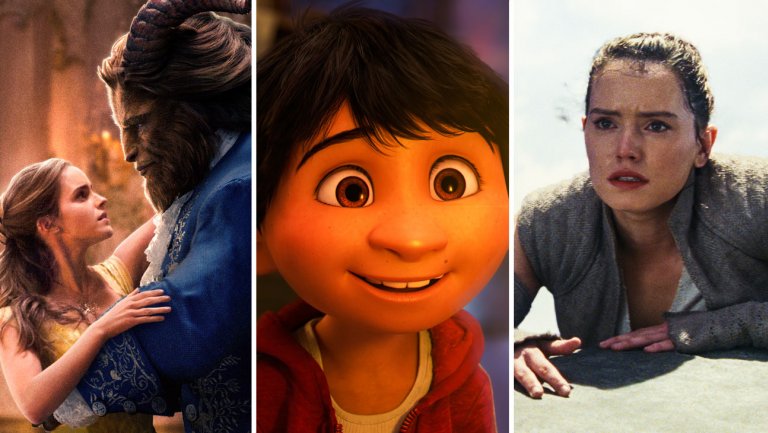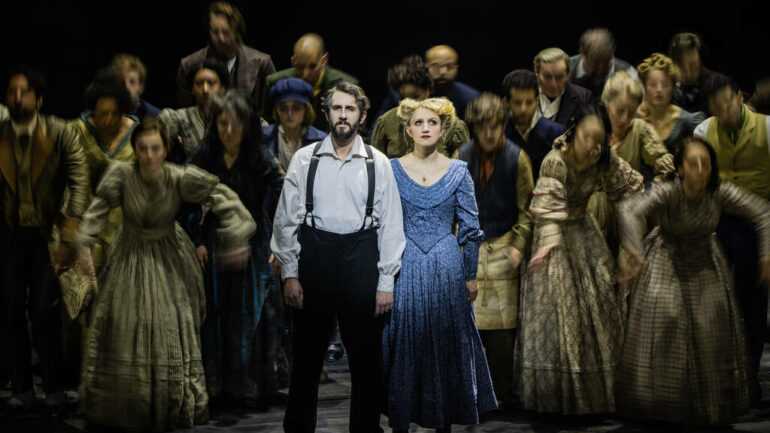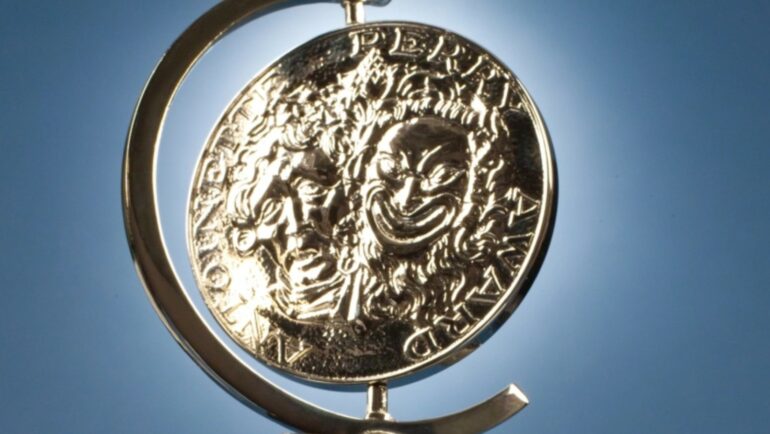Disney, unhappy with a Los Angeles Timesarticle about the company’s operations in Anaheim, banned Times film critics from press screenings of its movies. Other outlets’ film critics, including TheNew York Times on Tuesday, have declared that, in opposition to this sort of punitive action and in solidarity with the Times, they will not attend advance screenings of Disney films until Times critics are invited, as well. Also on Tuesday, four of the most prominent organizations of film critics — the National Society of Film Critics, the New York Film Critics Circle, the Los Angeles Film Critics Association and the Boston Society of Film Critics — jointly announced that they will not consider Disney films for their year-end awards unless and until the studio drops its blacklisting of the Times.
Now people are wondering: Will the two most prominent awards ceremonies hosted by critics and entertainment journalists — the Hollywood Foreign Press Association’s Golden Globe Awards and the Broadcast Film Critics Association and Broadcast Television Journalist Association’s Critics’ Choice Awards — be the next to slap back at Disney? And could the cumulative effect of all of this ultimately impact the studio’s showing at the Oscars?
This season, Disney’s awards division is mounting campaigns for its live-action remake Beauty and the Beast, its high-profile sequels Guardians of the Galaxy Vol. 2 and Cars 3, its animated short Lou (which was attached to Cars 3) and its animated feature Coco. Star Wars: The Last Jedi could, conceivably, also wind up getting a push.
A blackout of advance reviews of Disney films would only effect Coco and Star Wars: The Last Jedi — the other titles have already been released — and those are both films that will do fine commercially with or without the support of critics. But an awards-blacklisting of Disney titles could prove a bigger problem for the company.
Disney officials probably won’t lose sleep over the four critics groups that say they will refuse to consider the company’s titles for awards. But if the HFPA joins the boycott, it could deprive Beauty and the Beast of likely Golden Globe nominations for best picture (musical or comedy) and best original song and Coco of a likely one for best animated feature.
And since the HFPA and the BFCA both have TV categories, as well as film categories, a Disney boycott, if also applied to titles broadcasted on ABC, a subsidiary of Disney, could prove extra damaging — particularly to the Alphabet Network’s breakout hit The Good Doctor, which recently displaced NBC’s This Is Us at TV’s highest-rated drama and is expected to be a major Globes and Critics’ Choice contender.
The HFPA’s leadership could not be immediately reached for comment. The BFCA’s board of directors is holding a conference call Wednesday to discuss a possible response.
Meanwhile, the Television Critics Association, which also gives out awards (and currently is chaired by THR TV critic Daniel Fienberg), issued a statement on Tuesday denouncing Disney for taking “punitive action against journalists for doing their jobs,” but not declaring any retaliatory plans.
On Tuesday, film critic turned director Rod Lurie became the first Academy member to declare a boycott of Disney titles. “For the time being I will not attend any screening of a Disney film ahead of awards voting,” he wrote on his Facebook page, adding, “I will also not consider their TV shows.” Lurie, who noted that he was once banned from advance screenings of Warner Bros. films after negatively reviewing one of their pics, said of Disney’s actions, “It’s simply a bully move by a massive conglomerate and, I dare say, a Trump-like attempt to keep the press from doing their job. I know that Disney will say they were smeared and libeled in the piece, but there are places to take that fight — especially when the ‘offending’ article had nothing to do with the movies. In any case, I stand with the critics, a group of folks I proudly belonged to, and, regardless of the beatings they have at times given me, I greatly respect. I will start seeing Disney movies again once they stop barring critics from attending their screenings.”
At this point, it seems that the likeliest resolution of this crisis will be Disney blinking first and allowing the Times back into its press screenings. The company prizes its image and is not used to this sort of controversy. Moreover, its leader, Bob Iger, who is married to a champion of the fourth estate (former CNN anchor Willow Bay, who now serves as Dean of the USC Annenberg School for Communication and Journalism), cares about awards (he is an Academy member and chairs the organization’s Museum Campaign). He also may have political ambitions (Oprah Winfrey is among those who would like to see Iger run for president in 2020), and definitely has bigger corporate issues to deal with (he is reportedly in the middle of trying to acquire 21st Century Fox’s entertainment assets). The last thing he needs is a Disney boycott at the Oscars — which, incidentally, are broadcast on Disney’s own ABC.
But even if Disney moves to resolve the issue quickly and the critics groups hold their fire, the controversy has created a stumbling block for the studio’s Oscar efforts. Right now, Disney’s awards strategists are working overtime to convince Academy members to check out the studio’s films. They don’t need an added distraction.





















Post comments (0)